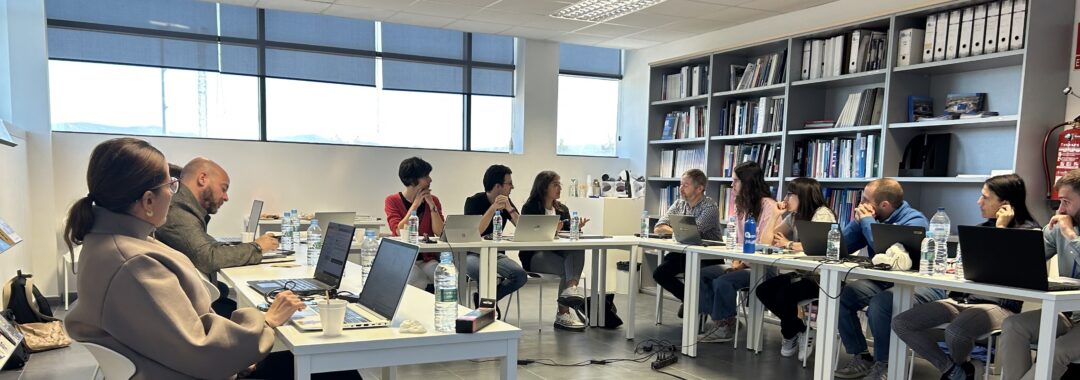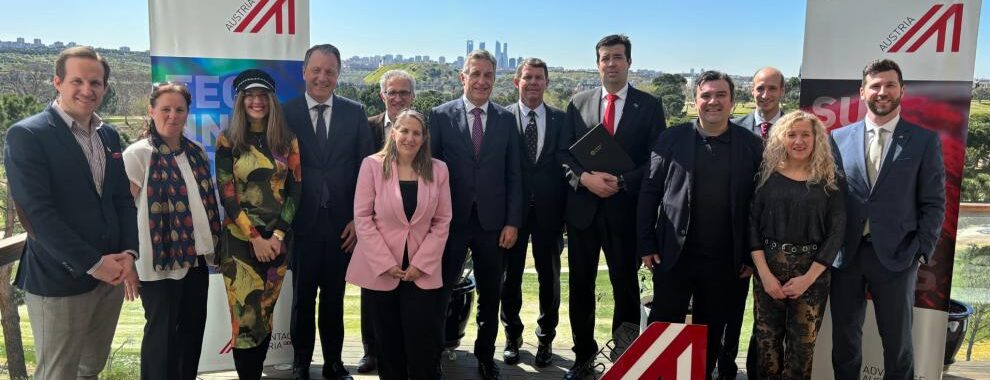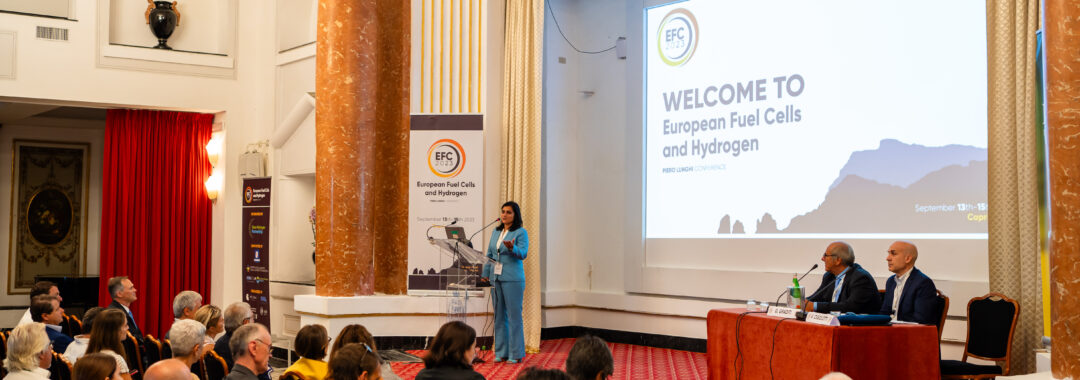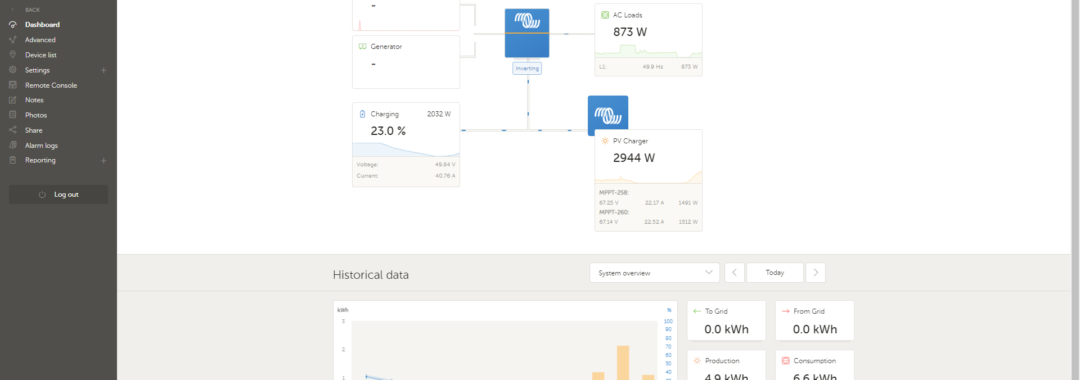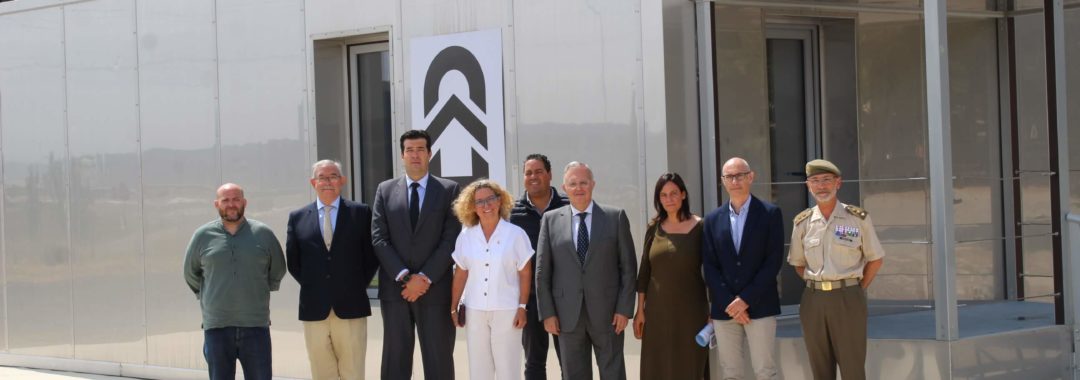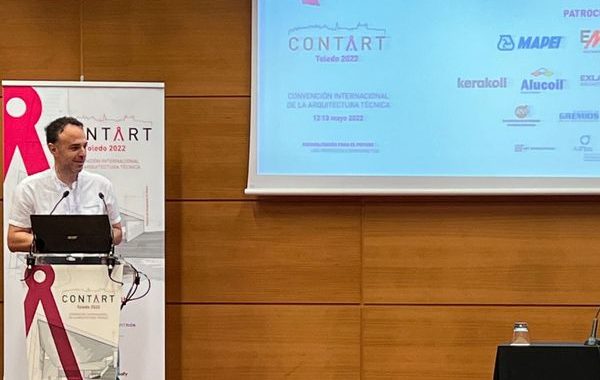LIFE ZERO ENERGY MOD develops the first habitable, emission-free and self-sufficient mobile modules thanks to renewable energies and hydrogen technology.
The San Jorge Army Base in Zaragoza has hosted a presentation of this initiative coordinated by the Hydrogen Aragon Foundation and funded by the European project LIFE + in which also participate the Defense University Center and the companies ARPA EMC and B-Haus.
LIFE ZEROENERGYMOD is a demonstrative innovation project that aims to achieve habitable mobile modules with almost zero energy demand that can also be satisfied with renewable resources, without generating emissions.
The main objective of this project is to develop a robust, transportable and easy to install habitable module based on the Passivhaus standard, linked to renewable energy resources (photovoltaic and wind) and a hybrid storage system that combines the use of batteries with a seasonal solution based on hydrogen technology. This avoids the consumption of diesel, which is often used as an energy supply in isolated environments, and its associated emissions. In addition, the modules require 90% less energy than existing modules and are self-sufficient, as the little energy they need to operate is generated and stored in the form of hydrogen.
During the first year of the project, which was launched at the end of 2020, the consortium has focused on creating a baseline assessment of materials and construction techniques to develop a module that meets the required technical and mobility requirements. In the second year, a prototype was built at the facilities of the company ARPA Equipos Móviles de Campaña, which was subsequently disassembled, moved and reassembled at the Army’s San Jorge Base in Zaragoza, in what is the first demonstration of the project.
Life Zero Energy Mod in two ways
Initially, two types of independent modules were proposed: PASSIVMOD (habitable module) and ENERMOD (renewable energy generation and storage module). During the design process, the initial configuration has evolved into a more compact one, where the ENERMOD is integrated into the construction solution of the living modules based on Passivhaus standards. This innovation increases the surface area and improves the livability and comfort of the modules, increasing the efficiency and performance of the energy module.
The second half of the project will focus on the demonstration and monitoring of the constructed prototype. For this, there were initially two demonstration sites at military bases: first in Zaragoza, Spain and then in Riga, Latvia. In 2021, a third demonstration site was included at the Spanish base Gabriel de Castilla in Antarctica, to validate the suitability of the prototype in one of the most extreme environments known.
In 2022, following Russia’s invasion of Ukraine, the area near the second demonstration site has become very unstable and presents risks that could seriously compromise the viability of the project. In view of this circumstance, the consortium proposed to extend the demonstration in Spain and avoid moving the prototype to Latvia. In addition, these tests will be complemented with the development of a digital twin of the array that will be validated by real data collected both in our country and in Antarctica.
The ZEROENERGYMOD project is coordinated by the Foundation for the Development of New Hydrogen Technologies in Aragon and also involves the University Center of Defense and the Aragonese companies ARPA EMC and B-Haus. It has a budget of more than one million euros, 55% of which is financed by the European LIFE+ project.
